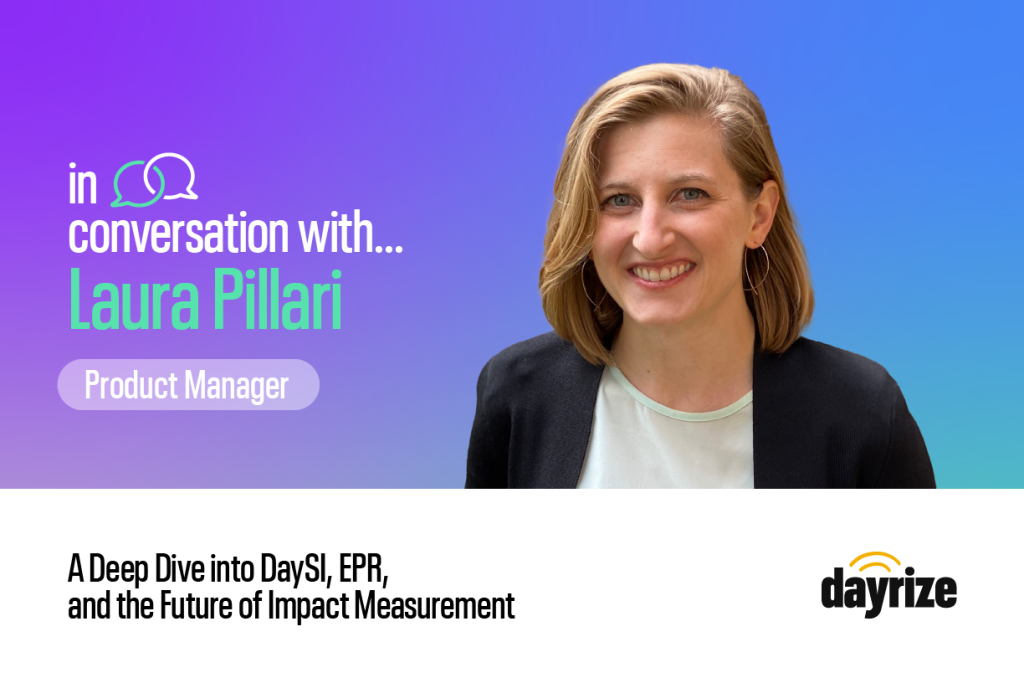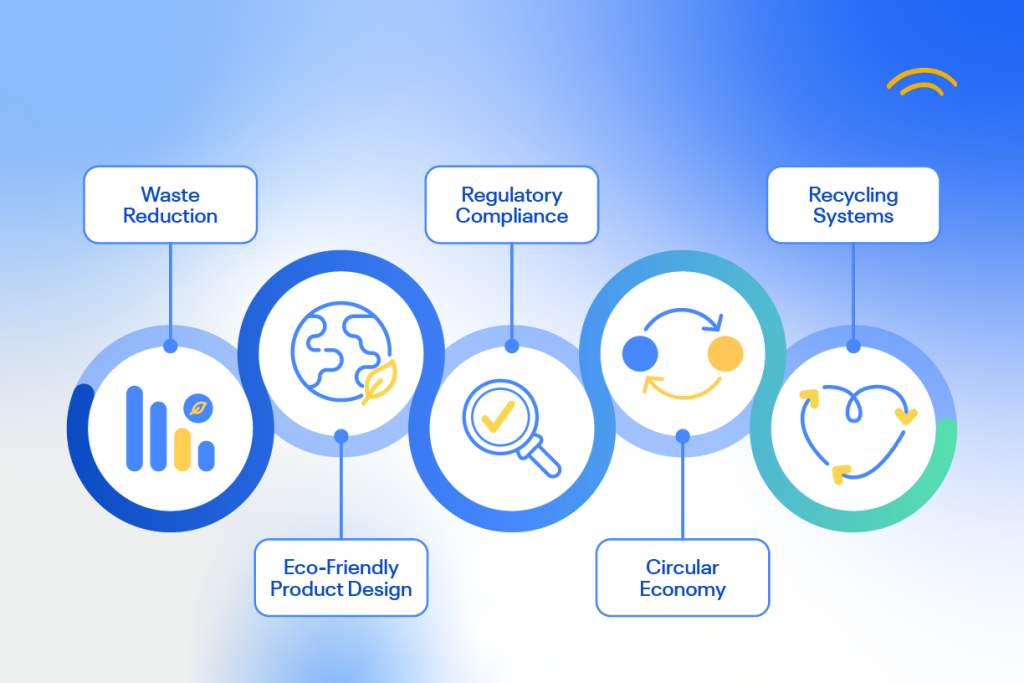
For many companies, indirect (Scope 3) emissions that occur in the supply chain account for about 90% of their overall carbon footprint.
When you work with your suppliers to help them reduce their impact and comply with other environmental regulations, you also help to reduce your own company’s impact.
It also makes good business sense: a smart, collaborative supply chain will be capable of delivering higher quality, more sustainable goods and services to your customers.
Read on to find out more about how collaborating closely with your suppliers can unlock long-term value for your business.
The benefits of working closely with your suppliers
Effective supplier collaboration begins with fostering a deeper, more direct relationship: working more closely, and more transparently with each other.
This kind of collaboration is built on trust, and usually powered by a communication platform that allows supply chain partners to openly share information from their internal ERP and/or supply chain planning systems.
Routinely sharing information via a transparent, real-time communication channel improves visibility throughout the chain, and streamlines operations. This will lead to a more resilient supply chain that can respond more quickly to the risks of changing market demands, as well as supply disruptions and shortages.
When everyone’s on the same page, it’s easier to work more efficiently. You’ll reap the rewards in cost savings, improved product quality and ultimately, higher revenues.
You’ll also be able to pool your resources and expertise in the name of impact reduction, which goes hand in hand with efficiency improvements like reducing waste, energy efficiency, and optimised logistics.
It’s hard to say no to these top-level benefits, but it’s also hard to set all this up. Apart from the need to establish the necessary shared mindset with the relevant stakeholders, there are also significant technical challenges to consider.
Smart supply chains, automation and transparency
The technical challenges are primarily to do with data management. A typical supply chain generates a lot of data, in a lot of different formats, from a lot of different sources, each operating in its own walled-off silo.
If you’re not using a collaboration platform to coordinate and make sense of all the information coming from your suppliers, manufacturers, logistics providers, and customers, your company is spending a lot of time and money processing it manually.
Manual data entry and analysis is not only inefficient, it’s also error prone. This makes it risky to rely on any analysis you perform on your data, once you’ve managed to gather and organise it all.
Automated data sharing, powered by a collaboration platform, makes all the difference. You’ll no longer have to ask each supplier to manually share reports from their internal systems with each other — the collaboration platform breaks open information silos to make all the data freely available to everyone.
Not only that, but it can also convert data from each organisation’s tool stack into a standardised format that all other organisations in the supply chain can use. It can even use AI to fill data gaps and correct data errors. And it can do all this fast, so you can reap the benefits in real time.
With a supplier collaboration platform automatically handling the legwork for you, your resources are free to focus on higher value, strategic initiatives like planning, streamlining processes and improving collaboration between partners in the supply chain.
You’ll also be perfectly positioned to take regulatory changes in your stride.
Using digital tools to adapt to changing rules and regulations
Supplier collaboration tools can significantly reduce the effort you need to expend to comply with ever-evolving regulatory requirements.
The right technology allows you to automate repetitive tasks and share accurate data in real time. The enhanced visibility you gain, along with the platform’s powerful analytic tools, will help you track your overall environmental impact, identify opportunities for improvements, and promote sustainable practices throughout the supply chain.
When sustainability regulations change, your smart collaboration tool will be able to quickly and accurately identify which actions need to be performed in which parts of the supply chain. Transparent communication ensures that everyone stays closely aligned, and can respond quickly to the changing circumstances.
And the more suppliers and partners you can connect to the collaboration platform, the more everyone benefits, and the easier it is to ensure regulatory compliance throughout the chain.
Your company will be able to plan for the future with confidence, knowing that you’ll be able to keep delivering higher quality, lower impact products to your customers, no matter what the future brings.
How Dayrize streamlines supplier risk and impact data
Dayrize leads the way with innovative solutions that help businesses like yours meet regulations like CSRD Scope 3.
Automated data sharing provides invaluable insights into the environmental impacts of your entire supply chain, from sourcing and production to logistics. You can use these insights to identify areas for improvement and set achievable sustainability goals.
As well as making informed decisions to reduce your environmental impact, your company can proactively prepare for changing environmental regulations, supply chain disruptions and possible climate change challenges.
You’ll be able to promote sustainable practices throughout your supply chain, ensuring that you and your suppliers remain compliant with the relevant environmental regulations.
“Collaboration across supply chains is the cornerstone of sustainability. By partnering with suppliers businesses can meet regulatory demands, drive transparency, and build a future-proof foundation for a greener economy.”
— Bart Nollen, Dayrize Co-Founder
Bart Nollen
Co-Founder
Dayrize
Dayrize’s Sustainability Intelligence software delivers holistic sustainability intelligence, data accuracy and quality, and actionable insights and modelling. Together with integrated supply chain management techniques, the Dayrize platform can help you optimise operations, reduce costs, and enhance productivity, while also ensuring compliance with sustainability regulations.
Ready to start your sustainability journey? Sign up for a free demo today.

